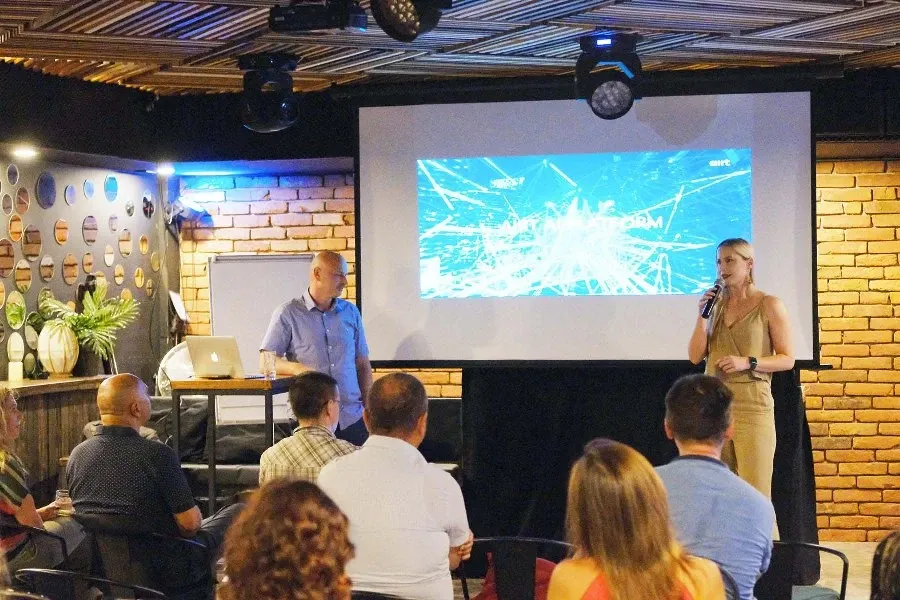Infobip and Haas Unveil Interactive Fan Quiz
Infobip is partnering with the MoneyGram Haas F1 Team on an innovative digital fan engagement campaign, designed to bring racing fans closer to the action.

Croatian AI startup airt invented a new algorithm for learning and predicting behavior out of structured data commonly used in the business world, and applied for a global protection patent. They also compared their invented techniques to a similar system developed by IBM, In short, they’re better, according to the sources from airt.
airt is developing a platform for building predictive models on structured data that exist in, for example, banks or communication service companies and, in order to process that data, they’ve internally developed their own deep learning techniques inspired by methodologies used in language processing (NLP/Natural Language Processing). They’ve used their experience from working on specific problems in the financial sector to build a fully automated platform for the preparation of transactional data and automated model building for concrete business problems.
In order to compare the quality of their platform, they decided to test and compare it to TabFormer, a same-purpose system developed by IBM that also provided a public dataset for its testing. The initial test has already shown the superiority of airt’s model compared to IBM’s (F1-score 0.90 vs. 0.86). Nevertheless, even though the accuracy of prediction is important, it is not airt’s most important focus.
“We believe that we can do better than this result in terms of accuracy, but our primary focus is not on building the most accurate and precise model, but to reduce the resources required to build such a model automatically. The biggest successes of deep learning techniques were achieved in the processing of photos and text and, in order to build just one such state-of-the-art model, one needs thousands or even tens of thousands of USD for electric energy used for its building. It might not be that much of a problem for applications using those models, as only one model is enough per language, but if we’re talking about (numerous) models used in business, it is clear that there are not that many companies that could afford this. Our goal is to achieve nearly identical results as these expensive models, but for a lot less money so that our solution could be affordable to everyone, from the smallest webshop to the largest financial institution“, said Davor Runje.
This approach puts airt in the ‘deep tech’ domain, for the solution they are developing is based on significant scientific research and engineering challenges.
“We are intensively engaged in research and are developing our own approaches and techniques. With the wholehearted help of Mladen Vukmir and William Župančić from Vukmir & Associates, we just submitted our first patent, which first goes to the EPO (European Patent Office) and then to the USA, for our deep learning techniques on structured data. This is just a beginning as we’re not done with innovation, on the contrary“, said Hajdi Ćenan.
With their approach and innovation, they are trying to improve another aspect of deep learning that is not talked much about yet, and that is the environmental impact. Namely, modern AI models consume a massive amount of energy. Computational resources required to produce a best-in-class AI model are increasing exponentially by doubling every 3.4 months. In other words, from 2012 to 2018, they’ve increased 300,000x.
“We are fully aware of deep learning’s carbon footprint and how, if this trend continues, this technology may become the adversary in the fight against climate change. That is why we are intensively working on creating a solution that, along with scaling and speed capabilities, uses as little computational resources and energy as possible“, says Ćenan.